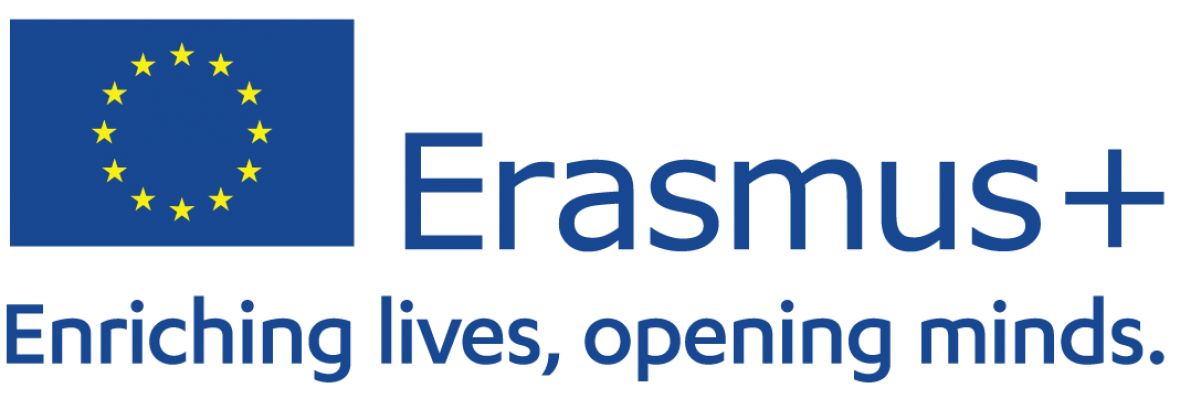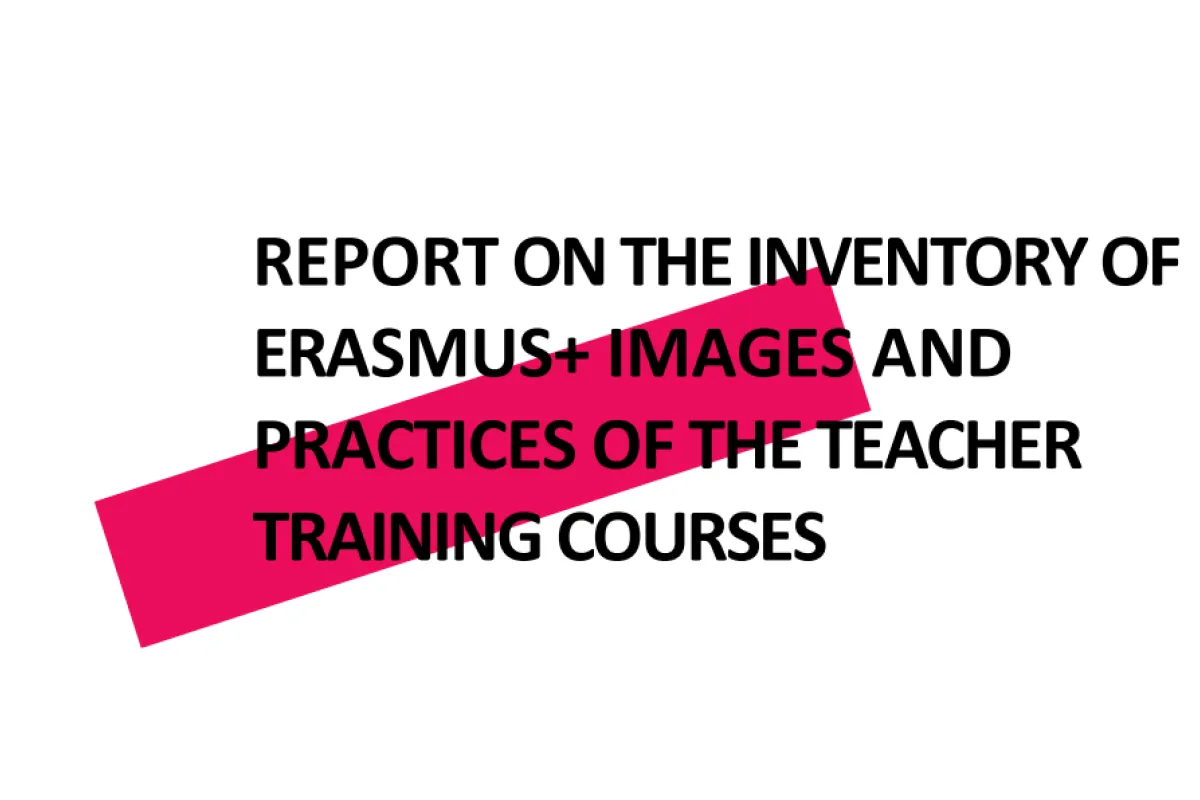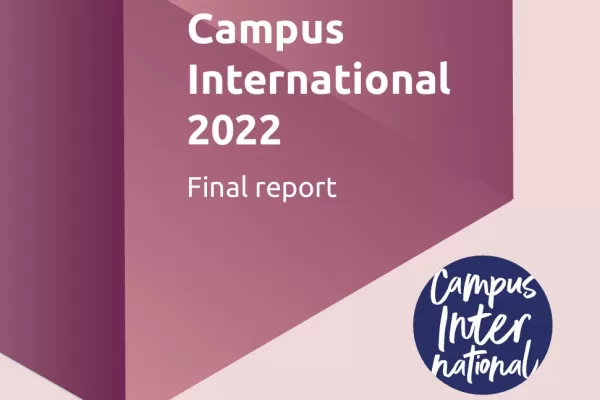A study amongst all educational institutions in higher education offering teacher training courses. The study was carried out by an online questionnaire followed by a qualitative follow up. The internationalization policy plans of 17 training courses which differ in type of training, location and size were analysed and a total of 30 staff interviewed.
Resume
A highly diverse group of people filled in the questionnaire or were interviewed, which makes if difficult to determine with any degree of reliability to what degree students and/or colleagues go abroad and to what extent they make use of the Erasmus+ Programme. The study did yield a realistic, nuanced, and multi-facetted image of the way in which and the extent to which internationalization forms part of teacher training courses and its benefits according to the respondents/participants. In addition, they indicated what can be done to boost employment of internationalization and Erasmus+.
Conclusions
- Most teacher training courses say they make extensive use of Erasmus+ when students and teachers go abroad. A large majority of the PABOs, the second-degree teacher training courses, and the ALOs say they make use of Erasmus+, the KVDOs and ULOs do so to a lesser degree.
- For all of the participants goes that the subject is most often students who go abroad (25x), followed by curriculum development (18x), Diversity and learning to cope with it (15x), international partnership projects (15x), students coming to the institution from abroad (13x), internationalization@home (11x), colleagues going abroad (10x), and lastly study trips/excursions (7x).
- Internationalization is often formulated in the policy plans as an aspect of the quality the institution wants to supply. Quality aspects are: to contribute to diversity, to the intercultural society, and to world citizenship.
- Not all participants are familiar with Erasmus+, so here the question is whether internationalization forms part of the curriculum and also whether any learning objectives have been linked thereto. At the PABOs and the second-degree training courses, Erasmus+ plays an important role in their internationalization activities.
- The Erasmus+ programme always fits policy plans which – as we established – set down at the strategic level what the institution strives to be and wants to promote with regard to internationalization. Erasmus+ also offers enough for teacher trainers and students (teachers-in-training) to learn from an international experience.
Recommendations
- It is often said that short stays are at least as valuable to students. This would mean that more students than currently is the case could benefit from a stay abroad. There is a great need for the reintroduction of short-stay possibilities on an Erasmus+ grant.
- Erasmus+ is unfamiliar to many teachers and only becomes known if there is an enthusiastic internationalization staff member present. Erasmus+ promotional material could be very helpful, such as videos or publications. It could also be put on the agenda of the national umbrella of university teacher training courses (ICL).
- Lower thresholds for applying to partnership projects which are greatly appreciated and very productive.
- Also award grants for visiting conferences, congresses (mentioned 1x).
- A manual and/or support with the applications (mentioned 1x).
- Work on ways to lower the threshold for making international contacts (mentioned 1x).
The development of international competencies is considered of particular importance to teachers and future teachers. In teacher training courses there appears to be less focus on the subject than desired. This is why the National Agency Erasmus+ wants to gain more insight into the ways it can contribute as an organisation to growing internationalization and a greater utilization of Erasmus+ subsidies in teacher training courses.
Download the report
- Images and Practices of the Teacher Training Courses.pdf 1MB / pdf Download
More information?
Looking for more information about this project? Get in touch: onderzoek@erasmusplus.nl.




